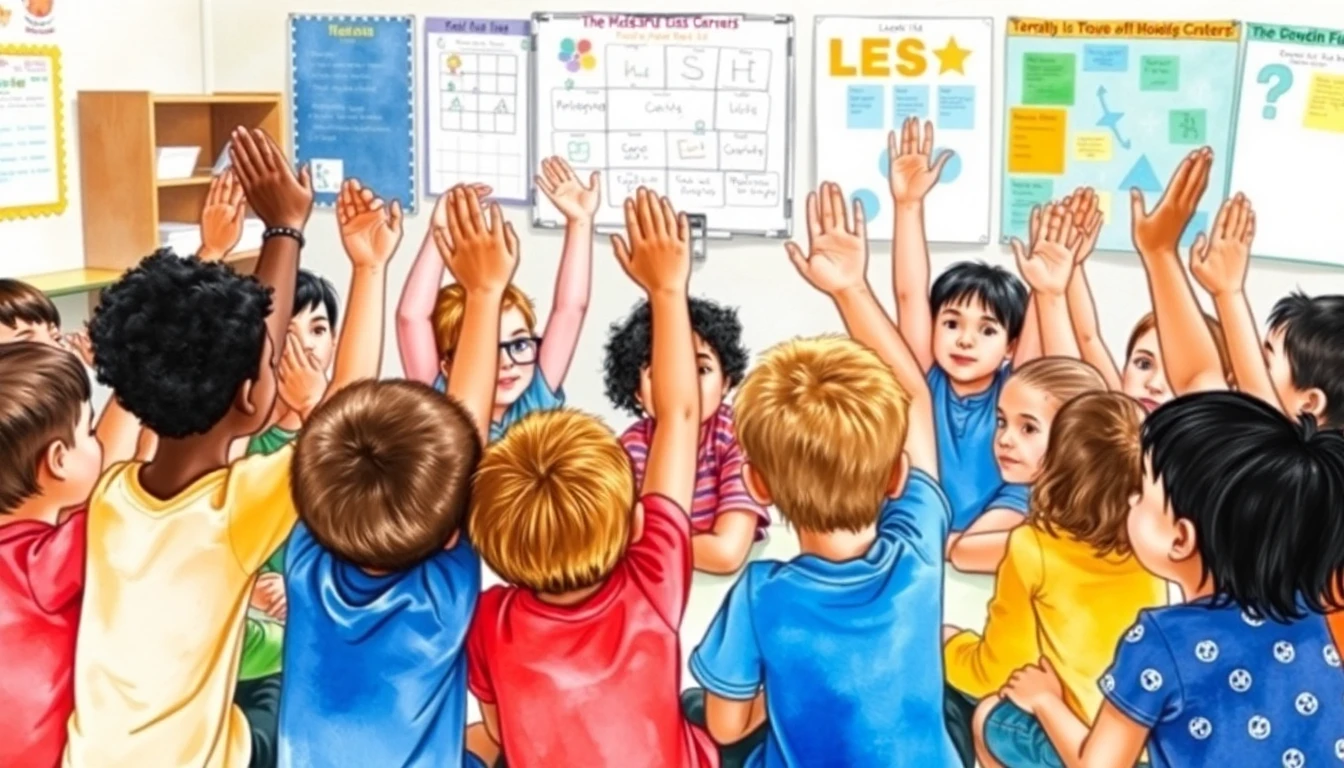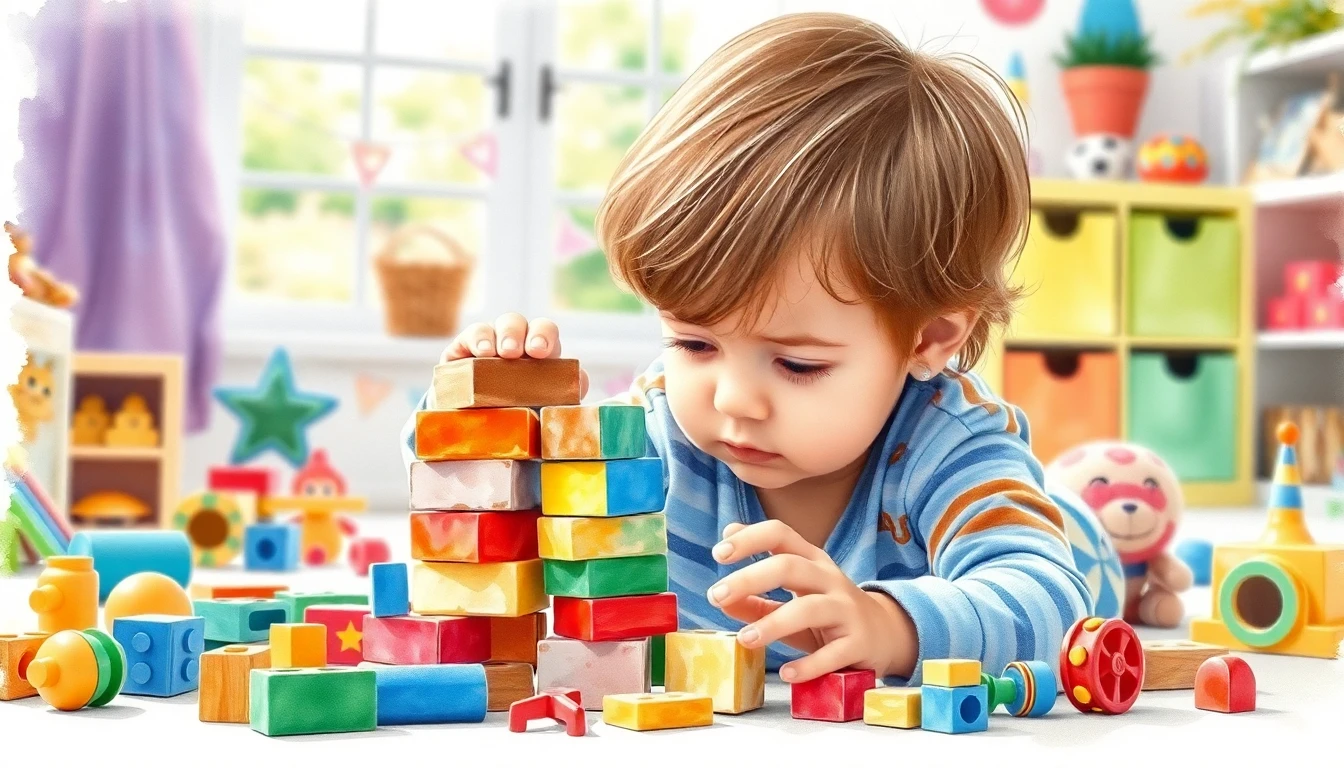
Introduction
Praising our children it feels so natural, doesn’t it? We beam with pride as they take on the world, and those “Good job!” and “You’re so smart!” comments just seem to flow. But have you ever wondered if how we praise matters just as much as that we praise?
I remember when my daughter, Lily, was learning to ride her bike. I kept shouting, “You’re a natural!” as she wobbled down the street. Then came the hill, the fall, and the tears. Suddenly, being a “natural” didn’t help her keep going when things got tough. That’s when I started learning about effort-based praise, and honestly, it’s transformed how I parent and how Lily approaches challenges.
This isn’t about empty compliments. It’s about helping our kids build resilience, a love of learning, and a growth mindset. Let’s explore the art of effort praise and how to use it to truly support our children.
Understanding the Power of Effort Praise
So, what exactly is effort praise, and why is it such a game-changer? The secret is in shifting our focus from “natural ability” to the process of learning and growing.
The Difference Between Intelligence Praise and Effort Praise
Intelligence praise like “You’re so smart!” or “You’re a natural artist!” focuses on fixed traits. While it sounds encouraging, it can actually make kids:
- Fear challenges: They might avoid tasks where they risk not looking “smart.”
- Give up easily: If something’s hard, they may think it means they’re not talented.
- Worry about performance: The focus shifts from learning to just “looking good.”
Effort praise, on the other hand, highlights the process: the hard work, persistence, strategies, and progress. For example:
- “I noticed how you kept trying even when it was difficult.”
- “You really thought carefully about how to solve that problem.”
- “I can see how much you’ve improved with practice!”
This kind of praise helps kids believe they can get better with effort. They’re more likely to embrace challenges, keep going when things get tough, and see mistakes as chances to learn.
The Science Behind Growth Mindset
Dr. Carol Dweck’s research on growth mindset has changed the way we think about learning. Her studies show that kids who are praised for their effort are more likely to stick with tough tasks, enjoy learning, and even do better in school. They see intelligence as something that can grow, not something you’re just born with.
I remember reading about a study where students were given a tough puzzle. Some were praised for being smart (“You’re so good at this!”), while others were praised for their effort (“You worked really hard on this!”). When given a choice between an easy puzzle and a harder one, the “smart” kids chose the easy one they didn’t want to risk looking less smart. The effort-praised kids? They picked the harder puzzle. They were excited to learn and grow.
Practical Strategies for Using Effort Praise Effectively

So, we know why effort praise matters. But how do we actually do it? It’s not just about saying “Good effort!” every time. Here are some ways to make your praise truly meaningful:
Be Specific and Descriptive
Skip the generic “Good job!” and point out exactly what you noticed. For example:
- “I noticed how you used different strategies to solve that problem. You tried drawing a picture, then used blocks. That was really smart!”
- “I can see how much you’ve practiced your multiplication facts. You’re getting so much faster!”
Specific praise helps your child understand what they did well and shows you’re really paying attention.
Focus on the Process, Not Just the Outcome
Even if your child doesn’t win or get the top grade, you can still praise their effort. Maybe they didn’t win the race, but they trained hard and improved their time. Try:
- “I’m so proud of how hard you worked preparing for that race. You ran every day, even when you were tired.”
- “You didn’t get the grade you wanted, but I know you studied really hard. Let’s talk about what worked and what we can try next time.”
This teaches kids that effort is valuable, even if success doesn’t come right away.
Praise Persistence and Resilience
Notice when your child keeps going, even when things are tough. For example:
- “I saw you struggling with that Lego creation, but you kept trying different things until you figured it out. That’s amazing persistence!”
- “I know you were frustrated with that new dance move, but you kept practicing, and now you’ve got it! I admire your determination.”
Highlighting their ability to bounce back helps them see challenges as a normal part of learning.
Acknowledge the Use of Strategies
Did your child try a new approach or ask for help? Praise that, too:
- “I noticed you were having trouble with that assignment, so you asked a friend for help. That’s a great way to learn!”
- “You tried a different strategy to solve that puzzle, and it worked! That shows you’re a creative problem solver.”
This reinforces that there are many ways to tackle a challenge and that asking for help is a strength.
Be Genuine and Authentic
Kids can spot fake praise a mile away. Make sure your praise is real and reflects what you truly appreciate. Sometimes, just acknowledging their struggle and offering support is more powerful than forced praise.
Time Your Praise Appropriately
Don’t wait until the end of a task to offer praise. Encourage your child as they work. For example, “I see you’re really concentrating on your handwriting. You’re taking your time and making each letter carefully.”
Examples of Effort Praise in Different Situations

Let’s look at some real-life examples of effort praise in action:
-
Schoolwork:
Instead of: “You’re so smart!”
Try: “I can see how much time and effort you put into this project. Your research is thorough, and your presentation is well-organized.” -
Sports:
Instead of: “You’re a natural athlete!”
Try: “I admire your dedication to practicing your soccer skills. You’ve improved so much since the beginning of the season.” -
Arts and Crafts:
Instead of: “You’re such a talented artist!”
Try: “I love the way you experimented with different colors and textures in your painting. You’re really exploring your creativity.” -
Chores:
Instead of: “Good job cleaning your room!”
Try: “Thank you for putting in the effort to organize your toys. It makes the room feel so much calmer and more inviting.” -
Social Interactions:
Instead of: “You’re so good at making friends!”
Try: “I noticed how you listened carefully to your friend when she was talking about her day. That’s a kind and thoughtful thing to do.”
The key is to be specific, focus on the process, and be genuine in your praise.
Common Mistakes to Avoid When Using Effort Praise

Effort praise is powerful, but it’s important to avoid these common pitfalls:
- Empty Praise: Don’t praise effort that isn’t there. If your child hasn’t put in the work, forced praise will sound insincere. Instead, try to understand what’s holding them back and offer support.
- Praising Mediocrity: Don’t lower your expectations or praise minimal effort just to make your child feel good. Focus on specific improvements and progress.
- Using Praise as Manipulation: Don’t use praise to control behavior (“If you finish your homework, I’ll praise you”). This turns praise into a reward and undermines its value.
- Ignoring Strengths: While effort matters, it’s also important to acknowledge your child’s strengths and talents. Find a balance between praising effort and recognizing natural abilities.
- Forgetting to Praise Yourself: Model a growth mindset by praising your own efforts and learning from your mistakes. Let your child see you growing, too!
FAQs

Is it okay to ever praise intelligence?
Yes, but do so sparingly and focus on how your child used their intelligence. For example, “You came up with a very clever solution to that problem!” is better than “You’re so smart!” The emphasis should be on the application, not just the trait.
What if my child isn't putting in any effort?
Instead of focusing on praise, try to understand why they’re disengaged. Are they struggling, bored, or overwhelmed? Talk to them about their challenges and offer support. Break tasks into smaller steps and help them find strategies that work. And remember, sometimes kids just need a break forcing effort rarely works.
How do I balance praising effort with providing constructive criticism?
Sandwich your feedback: start by acknowledging their effort, then offer specific suggestions for improvement, and end with another positive statement about their potential. For example, “I can see how much effort you put into this essay. Your introduction is really engaging, and your arguments are well-supported. One thing you could work on is your conclusion. Try summarizing your main points and offering a call to action. I know you can do it!”
Closing Thoughts

Shifting from intelligence praise to effort praise is a journey, not a destination. It takes conscious effort to change our habits, but the rewards are so worth it. By focusing on the process of learning and improvement, we help our children develop a growth mindset, build resilience, and discover the joy of learning.
And as parents, we can model this mindset ourselves showing our kids that we, too, are always learning and growing. So let’s celebrate effort, persistence, and the thrill of discovery. Let’s empower our children to embrace challenges, persevere through setbacks, and reach their full potential. Because in the end, it’s not about being the smartest or the most talented; it’s about being dedicated and resilient. And that’s something we can all strive for, together.

